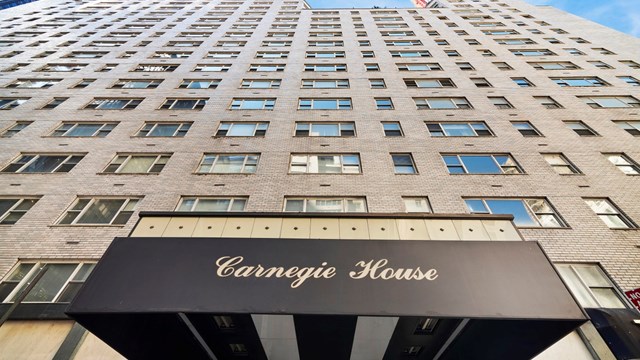Navigating the finances and ensuring the fiscal stability of your cooperative corporation or condominium association has never been an easy task. Certainly, New York's residential community has been through some challenging times, and looking immediately ahead, the coming 12 to 18 months are likely to be among the most challenging for the city as a whole - and for residential co-ops and condos in particular.
This is especially true in light of the historic increases in insurance premiums and real estate taxes, the settlement of the Service Employees International Union (SEIU) Local 32 BJ building worker's union contract, and the erratic nature of fuel costs, which are currently rising as the war in the Middle East continues.
Where to find additional funds to meet a building community's increased operating costs and maintain a certain quality of life is, literally, the million-dollar question. While we all work on an individual basis to chart the best course for each property we live in or manage, we offer the following general suggestions that all properties might find helpful.
Make sure your property is getting the highest return on its invested funds.
Boards must be constantly alert to changing interest rates and the availability
of various instruments in order to ensure the highest rate of return on the
property's invested funds.
Investigate means of generating ancillary revenue. Co-ops and condos
that do not have storage lockers, bicycle racks, on-premises gyms or fitness
clubs, social rooms, or other such revenue-generators, can investigate the viability
of installing one or more. Buildings with these revenue generators can consider
raising the fees charged for their use. Boards can also look into renting roof
space to telecommunications companies for their antennas and/or renting the
building lobby to production studios for use as a scene location.
Investigate ways to shift your property's carrying costs. For example,
properties that are master-metered for electricity can investigate the advisability
of submetering and charging residents for their actual individual electric usage.
Apply the city's real estate tax abatement to your co-op's operating account.
This strategy, which has been used by co-ops throughout New York since the
city began issuing real estate tax abatements, requires a vote by the board
and the levying of a corresponding assessment in order for the cooperative corporation
to receive the full benefit. Feel free to speak with me, your managing agent
or your corporation counsel to learn how to go about this. (Note: this strategy
applies to co-ops only.)
Increase your building's transfer fee ("flip tax") and sublet fees.
With the real estate market still hot, buildings may benefit by increasing transfer
and/or sublet fees, as appropriate. Boards of buildings without such fees may
consider instituting them.
Increase maintenance/common charges, and levy assessments, as necessary.
While raising maintenance/common charges and/or levying assessments is rarely
a popular move, there may be no other way for a co-op or a condo to generate
the monies necessary to maintain operations. When such an increase and/or assessment
is required, the board must be sensitive to the shareholders/ unit owners and
inform them directly and candidly about the reasons for the increase and/or
assessment and how the funds are going to be used. Such open communication goes
a long way towards preserving good relations and helps encourage timely and
complete payment by shareholders and unit owners.
In challenging times such as these, each board must walk the tightrope of
ensuring their property's solvency while staying on the side of the so-called
"˜good income' (i.e. income that does not violate the 80/20 rules under Section
216 of the Internal Revenue Code for cooperatives; or Section 528 of the Internal
Revenue Code for condominiums.)







2 Comments
Leave a Comment